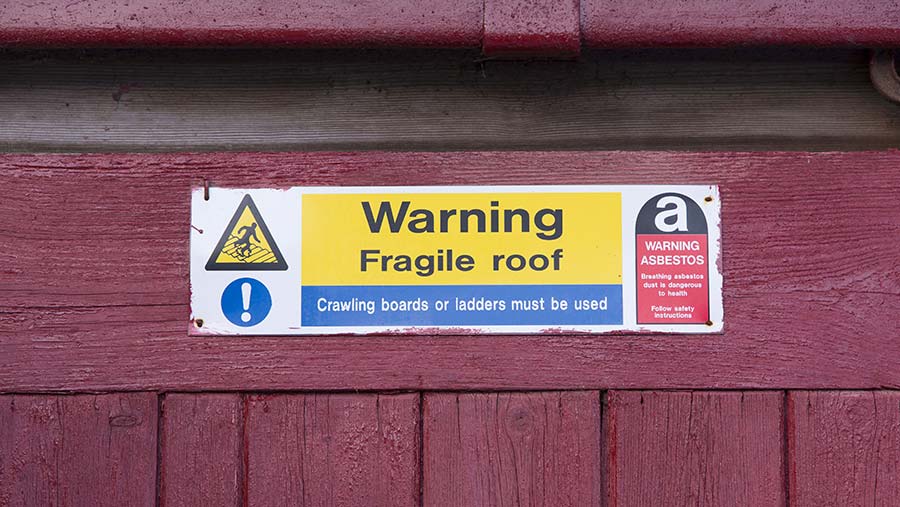Farming faces mental health crisis, warns charity
 © FLPA/John Eveson/Shutterstock
© FLPA/John Eveson/Shutterstock Mental health issues among farmers are of increasing concern – and have a direct effect on farm safety, suggests a study.
Some 84% of farmers under 40 believe mental health is the biggest danger facing the industry – up from 81% in 2018, according to the Farm Safety Foundation.
See also: Fit2Farm – Hard work and long hours take toll on farmers
Farming continues to have the poorest safety record of any UK occupation – and 85% of young farmers believe mental health is linked to the overall safety of farms.
Quoting official statistics, the foundation said there were 83 suicides in 2018 among people working in agriculture and the related trades in England and Wales.
‘Smiling depression’
Threats to mental health included “smiling depression”, post-traumatic stress disorder (PTSD), loneliness, rural isolation and mental health in young farmers, it said.
This year, the Farm Safety Foundation’s annual Mind Your Head week (10-14 February) is raising awareness of the link between poor mental health and farm safety.
The farming industry faced many stress factors, which were placing increasing pressure on workers and putting them at greater risk of mental ill health, it said.
These include extended amounts of time working in isolation, a blurring between work and home life, and financial uncertainty.
Total income in the UK from farming fell by £971m between 2017 and 2018, and 42% of UK farmers would have made a loss between 2014 and 2017 without direct payments.
Further threats
Stephanie Berkeley, manager of the Farm Safety Foundation, said Brexit, changing consumer habits and the climate crisis presented further threats to the industry.
“It is encouraging to see more discussions about mental health, more awareness of the various mental health conditions and more emphasis on the support available to the farming community. However, more still needs to be done.
“While farmers are often culturally ill-equipped to discuss mental health issues, one of the most effective methods in combating stigma is talking about it.
“This is what we have been doing and will continue to push, especially during this Mind Your Head week.”
Ms Berkeley said it is vital to build a culture within agriculture that explicitly recognises how the job can effect on the wellbeing of farmers and their families.
Deadly implications
Poor mental health could have a direct and deadly effect on farmers’ jobs.
“Let’s be clear, this isn’t someone else’s responsibility,” said Ms Berkeley.
“This is on our watch and, in these challenging times, it’s down to each and every one of us to look out for our friends, colleagues, neighbours and ourselves.”
Those seeking more information on how to tackle poor mental health in the industry can visit the Farm Safety Foundation website.
